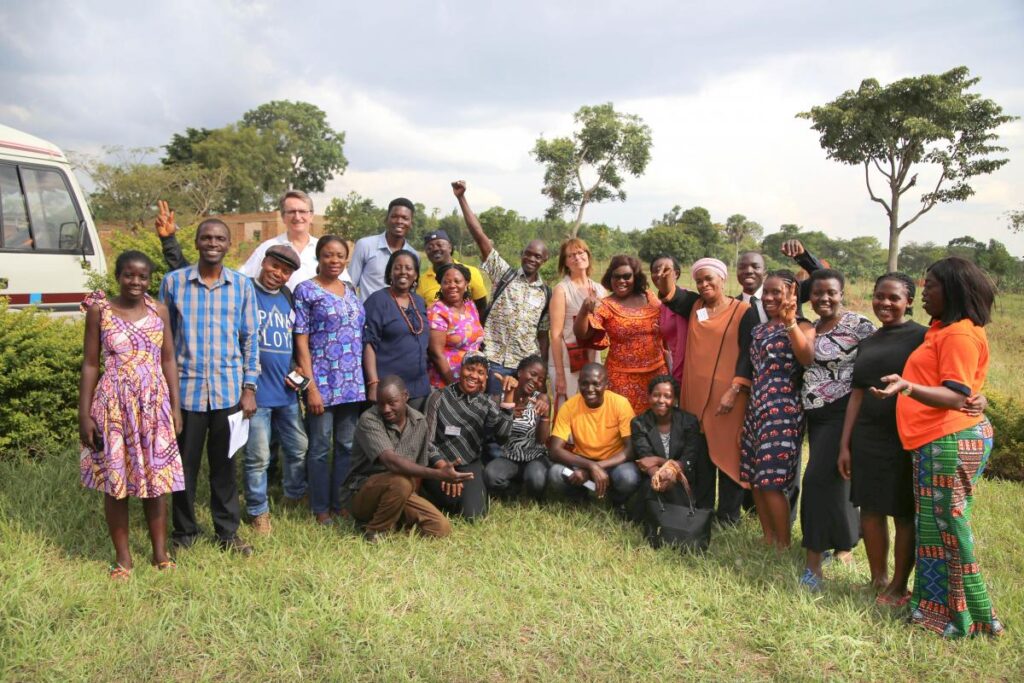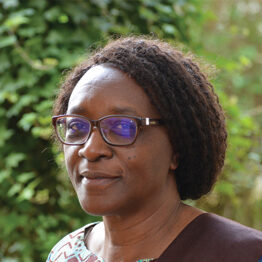Twenty years ago two women (Margaret Mangheni and Monica Karuhanga) set out to accomplish the ‘impossible’—introduce gender in the agriculture curriculum at Makerere University in Uganda. Universities are some of the most rigid institutions—change therein is often very slow or near to impossible. How could 2 women even contemplate changing what professors in a college of over 100 staff teach?
Traditionally, colleges of agriculture the world over concentrate on conventional disciplines such as animal science, crop science, soil science, agricultural engineering, plant breeding to mention a few. The only social sciences that may find room there are agricultural economics, rural sociology and agricultural extension—not gender. Yet when I attended a 3 day course organized by Winrock International’s African Women Leaders in Agriculture and Environment program, it dawned on me that it was impossible to transform African agriculture when agricultural professionals lacked awareness and skills to integrate gender in their work.
The farming population who are their main clientele consist of men and women. The way most African cultures have positioned men and women, defined their relations, roles, access and control over resources has disadvantaged women. Given their critical role in agriculture and nurturing families, when women are disempowered, society can’t develop. Women and gender issues are development issues. They should be the concern of all agriculture disciplines and services—be they extension, research, financial and marketing services among others.
 In 1999, together with my colleague Monica we embarked on the very challenging task of selling this message to management and all agriculture faculty at Makerere university. After a painstaking protracted effort, In 2001 it was accepted to incorporate gender in selected existing courses such as Farm management, Livestock management, Agricultural extension methods among others. In addition, a core course Gender and development to be taken by all undergraduate students pursuing courses in agricultural disciplines was introduced.
In 1999, together with my colleague Monica we embarked on the very challenging task of selling this message to management and all agriculture faculty at Makerere university. After a painstaking protracted effort, In 2001 it was accepted to incorporate gender in selected existing courses such as Farm management, Livestock management, Agricultural extension methods among others. In addition, a core course Gender and development to be taken by all undergraduate students pursuing courses in agricultural disciplines was introduced.
The impact is profound. Both young and mature students graduate with not just knowledge in agriculture or gender but with transformed attitudes towards gender equality. Yesterday in a class for the core course Gender and development, a mature male student in his early 50’s stood up to share how he had been touched by a case study we had discussed. You could read emotion on his face. The case study depicted the negative impacts of gender norms and issues on women in Iganga district Uganda. It narrated a story of Mayimuna a resourceful innovative woman in a polygamous household whose plot of land was removed from her and given to her co-wife. Mayimuna was devastated because she had invested heavily in improving the fertility of the plot. The injustices to women around community norms on access to land and decision making depicted in this case study often touch the students.
For this male extension worker, the message was transformational and it is likely to affect the way he works with men and women farmers. Integrating gender in agriculture curricula at universities can contribute to a gender balanced society.
About the author

Margaret Najjingo Mangheni is associate professor of agricultural extension and innovation studies at Makerere University and co-principal investigator for GREAT.
For press inquiries or for more information, email us great@cornell.edu.





